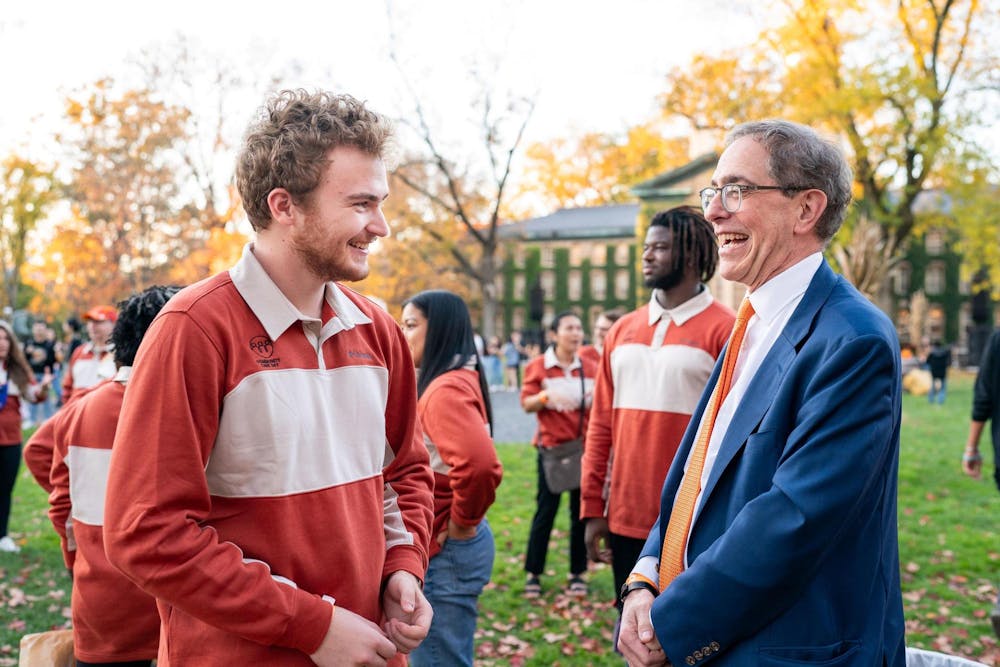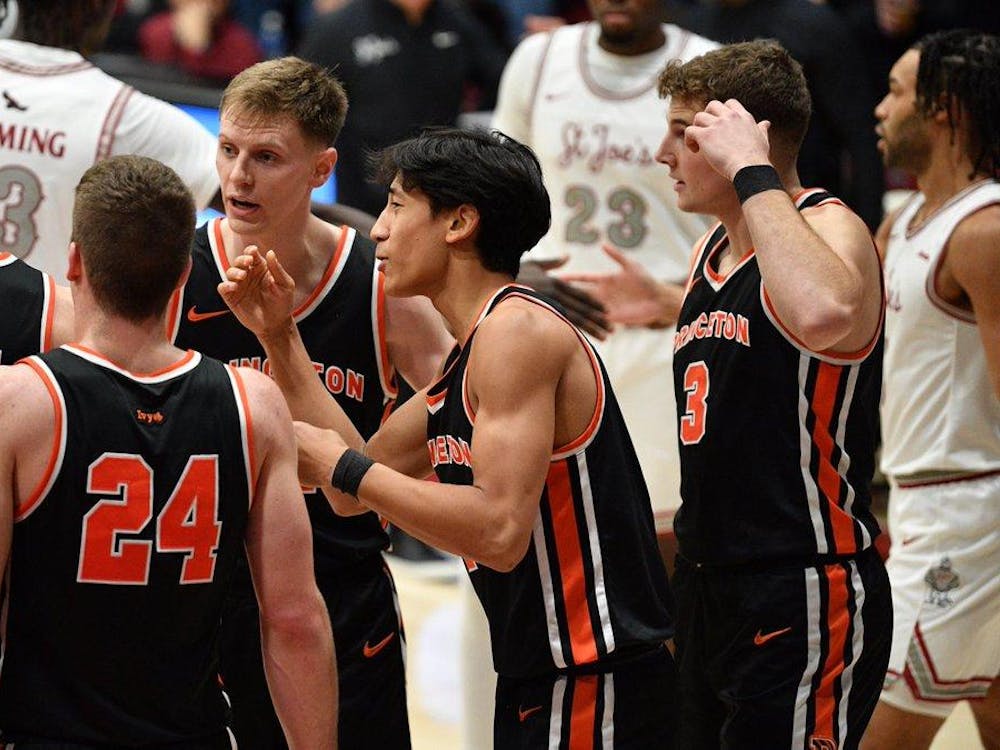Princeton’s Community Care Day had everything from yoga to coffee to canoeing. Hosted by the Office of Campus Life, the soon-to-be annual event sought to encourage “the entire campus to focus on rejuvenation, mindfulness, and community-building” by organizing 24 free events for campus members to choose from. The day of events was framed as a relaxed way to bring about health and well-being on campus, especially during a stressful time of the semester. Though the event aimed to improve the mental health situation on campus, it fell flat due to disorganization, and, moreover, exposed the goal of sufficiently changing the state of campus mental health with a single day as overambitious and inadequate.
The day was a genuine attempt at helping to relieve some of the pressure students feel on a day-to-day basis here at the University. In fact, it was slightly successful in doing so, as it provided students with an opportunity to take a break from their coursework and engage in amusing activities.
Some of the most popular events, including cupcake decorating, mindfulness crafting, and free coffee, were somewhat effective at boosting student morale short-term, but failed to change the pre-existing culture around mental health. . The low-stakes events made participants’ days more enjoyable, as they were able to partake in several community events and helped de-stress them during and after a difficult day of classes.
Events, such as Mindfulness Crafting, lasted for over six hours (from 10 a.m. to 4 p.m.) and were near the center of campus at Campus Club. Given their easily-accessible locations and hours, those interested were theoretically able to attend some of these events between classes.
However, there was also mass disorganization, and the day ultimately fell short of its goals. Certain events providing free products, such as the free coffee event, were extremely crowded, making them overly time-consuming with long lines. Despite efforts by the Office of Campus Life — including an email from Dean Ian Deas sent two days prior —, many students did not know about the events’ times and locations. This was problematic especially given that certain events, such as drop-in hours at CPS, were held inside where passersby would not naturally stumble across them. Though there were yard signs with QR codes linking to online information about the events of the day, many students were not aware of what or where they were.
In speaking to some of my peers about whether or not the University achieved its vision of rejuvenation, mindfulness, and community-building, most told me that the administration certainly tried, but one single day of events was not going to help fix the overall stressful experience of being a student at Princeton. This points to a more fundamental issue with any event like Community Care Day: an annual event cannot and will not provide the deep changes that we need to improve student mental health, especially because the root of the mental health problems on campus aren’t merely a result of the lack of events like Community Care Day. Even within Community Care Day, Princeton acknowledged the need for real mental health services: there was an opportunity for “free Talk Friday CPS Drop-in Hours” in McCosh Health Center for students and a session on supporting students’ stress management for staff and faculty. But, in general, a lack of mental health clinicians, protective accommodations for students struggling with their mental health, and mental health education for staff perpetuate the mental health problems on campus.
To start substantively addressing the problem of student mental health, the University must focus on doing everything in its power to aid in addressing the mental health problems prevalent on campus. Events such as Community Care Day signal a step in the right direction, but many more substantive improvements need to be made. Some are relatively simple changes, such as ensuring every student is aware of resources like free Talk Friday drop-ins or adding additional education about mental health on campus beyond orientation. Others may be more complex but necessary, such as expanding the CPS staff to provide more opportunities for students to access counseling services as Princeton’s undergraduate enrollment increases. Student mental health on campus needs to be treated as what it is — a crisis — not as an issue the University can simply solve with an annual six-hour, disorganized event.
Davis Hobley is a member of the Class of 2027 and intends to major in neuroscience. He hails from Rochester, Mich. and can be reached through his email (dh2172@princeton.edu) and personal Instagram (@davis_20.23)








